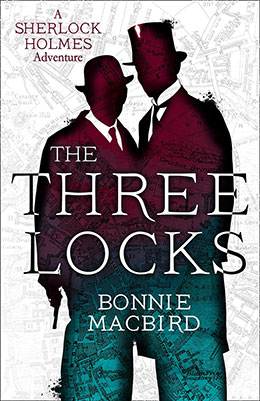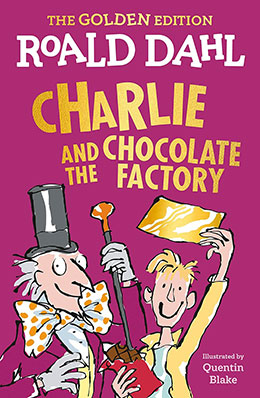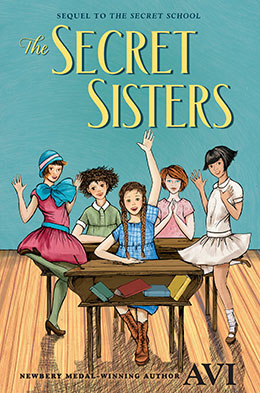Here’s a mordant question. What happens to a writer’s work when she/he passes on? The question comes up because of an article, “The Business of Mining Literary Estates is Booming,” which appeared in the November 11, 2023, The Economist. (Digital access to this article is limited, but your public library will have the print edition.)
 Have you wondered about the many Sherlock Holmes stories that have appeared of late? It’s because, generally speaking, an author’s work is owned by his/her estate seventy years after death. After that period of time, anyone is free to use the characters and even the stories as they will. So, right now, you are free to write your own Sherlock Holmes story. Or Wind in the Willows story. Winnie-the-Pooh stories. Little Women or Oz stories.
Have you wondered about the many Sherlock Holmes stories that have appeared of late? It’s because, generally speaking, an author’s work is owned by his/her estate seventy years after death. After that period of time, anyone is free to use the characters and even the stories as they will. So, right now, you are free to write your own Sherlock Holmes story. Or Wind in the Willows story. Winnie-the-Pooh stories. Little Women or Oz stories.
Like many couples, my wife and I have wills in which the spouse inherits the other’s assets. Writing Copyrights are considered assets. Furthermore, there is an agreement that my agent will continue to function to represent me after my demise. when both my wife and I pass on, the assets—which is to say the rights to my books—will still be under someone’s control. That means if anyone wishes to make a movie—or a game—out of one of my books there is a legal framework to do that. For X number of years, depending on when the book was published.
 Indeed, The Economist’s article points out that Roald Dahl’s estate recently sold the rights to his books to Netflix for 700 million dollars. No wonder that a new business organization, International Literary Properties has come into being to buy literary estates. They seem to have purchased some fifty of these estates, including such diverse works as that of Langston Hughes and Georges Simenon.
Indeed, The Economist’s article points out that Roald Dahl’s estate recently sold the rights to his books to Netflix for 700 million dollars. No wonder that a new business organization, International Literary Properties has come into being to buy literary estates. They seem to have purchased some fifty of these estates, including such diverse works as that of Langston Hughes and Georges Simenon.
Then there is the Society of Authors — a “United Kingdom trade union for professional writers, illustrators and literary+ translators, founded in 1884 to protect the rights and further the interests of authors.” It also acts as trustee for more than fifty authors’ estates.
Of course, there is also the question of how to use these rights. Does one alter the texts to bring them into line with modern sensibilities, as well as political and social considerations?
 The driving force behind all this appears to be TV and audiobook rights, and the quest for content. That said, I can say from personal experience, that the selling of such rights is complex, torturous and, generally speaking, does not come to any light. In my case, it is further complicated by the fact that “digital rights,” and the like, now part of all publishing contracts, did not even exist when my first book was published in 1970.
The driving force behind all this appears to be TV and audiobook rights, and the quest for content. That said, I can say from personal experience, that the selling of such rights is complex, torturous and, generally speaking, does not come to any light. In my case, it is further complicated by the fact that “digital rights,” and the like, now part of all publishing contracts, did not even exist when my first book was published in 1970.
My response to all of this is: why not read the books in their original form? I can guarantee they will be better, more engaging, and more meaningful than any film variant.
On the other hand, if you want to use my recently published The Secret Sisters, you are free to do so after 2093.
I probably won’t complain.